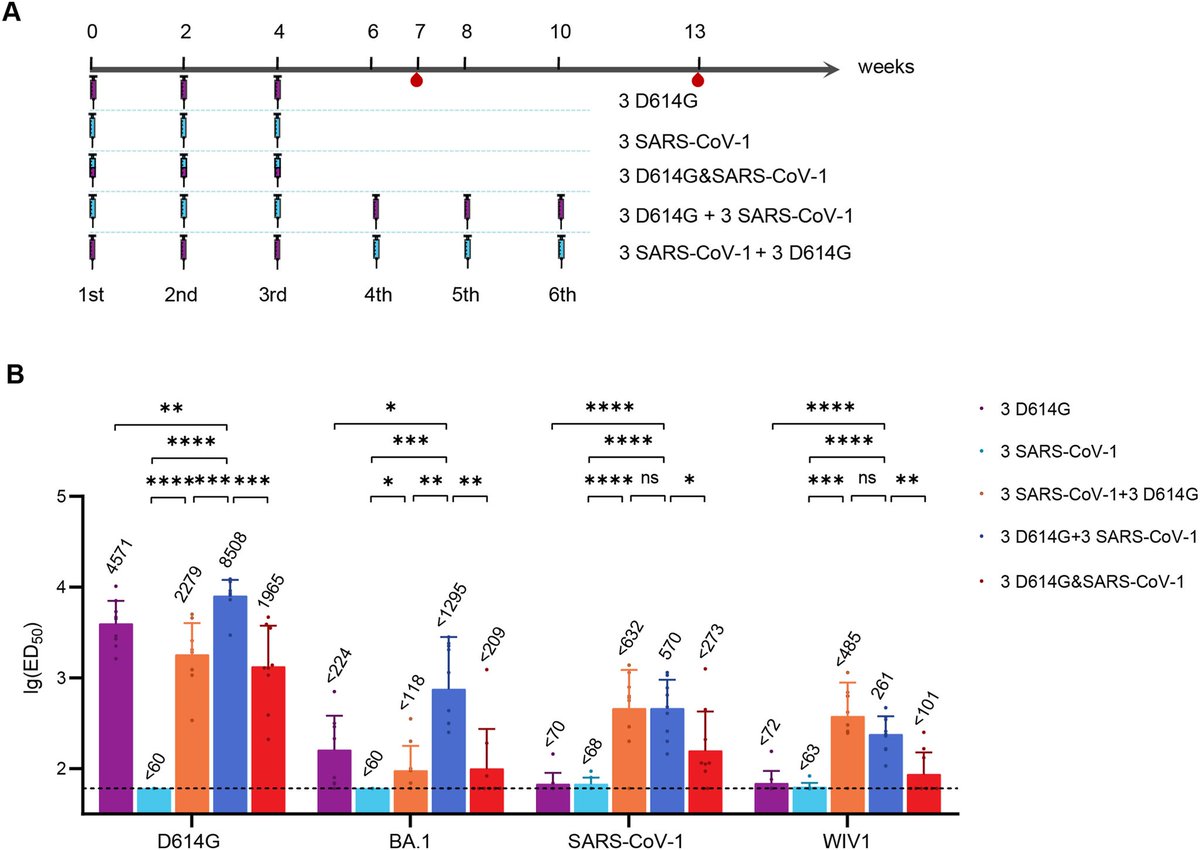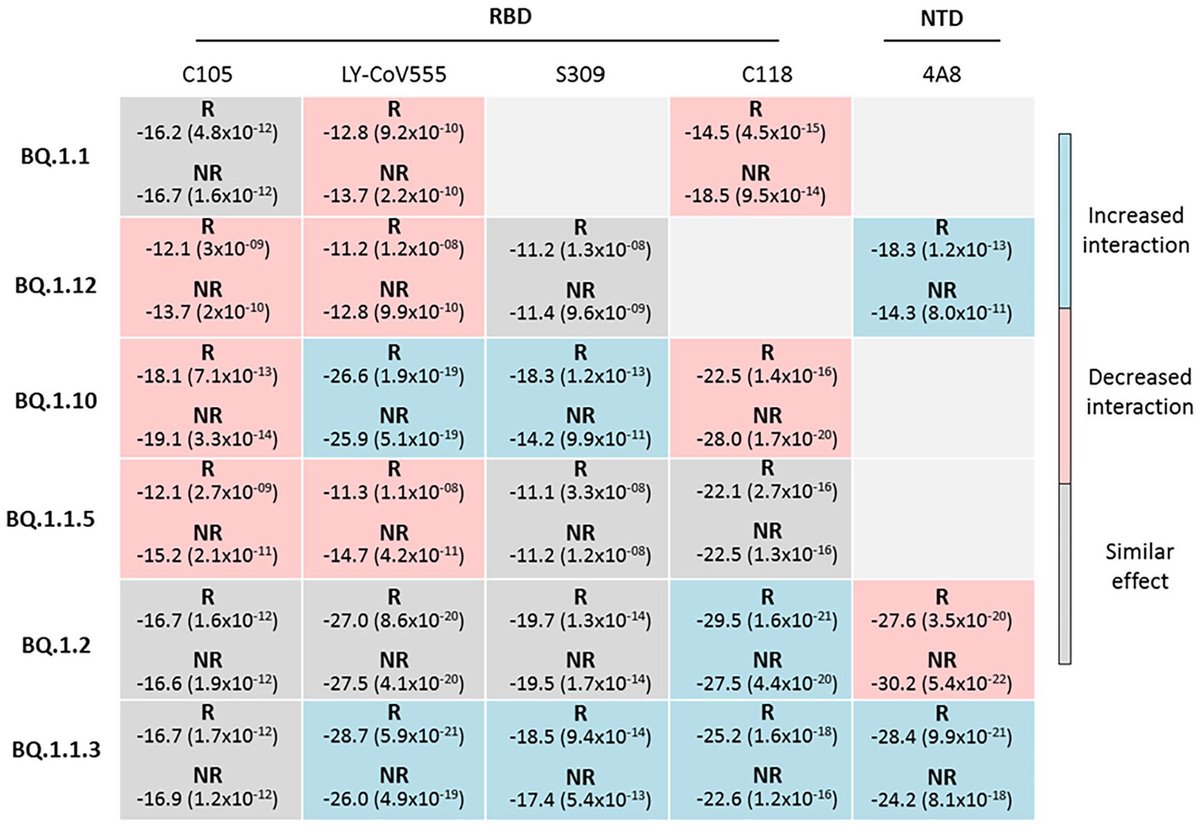Those who WORE MASKS had HIGHER COMPASSION for others and LOWER SADISM compared to those who didn't wear masks ...
Amazing Review about PERSONALITY FACTORS and PANDEMIC-RELATED BEHAVIORS
frontiersin.org/journals/psych…

Amazing Review about PERSONALITY FACTORS and PANDEMIC-RELATED BEHAVIORS
frontiersin.org/journals/psych…

2) The review examined how personality traits relate to pandemic-related behaviors like mask-wearing, social distancing, and hoarding. Key findings:
- Those who always wore masks had higher compassion for others and lower sadism compared to those who didn't always wear masks.
- Those who always wore masks had higher compassion for others and lower sadism compared to those who didn't always wear masks.

3) - Those who always socially distanced had higher openness, conscientiousness, and compassion for others compared to those who didn't.
- Those who hoarded had lower agreeableness compared to non-hoarders.
- Those who hoarded had lower agreeableness compared to non-hoarders.

4) - The results suggest prosocial traits like compassion are linked to greater adherence to protective behaviors, while darker traits like sadism and low agreeableness relate to less compliance.
5) The authors propose that emphasizing altruistic messaging around vaccination and protective measures (e.g. how it protects vulnerable groups) could help boost prosocial traits and increase compliance.
Thanks for reading 🙏
Thanks for reading 🙏
• • •
Missing some Tweet in this thread? You can try to
force a refresh


















